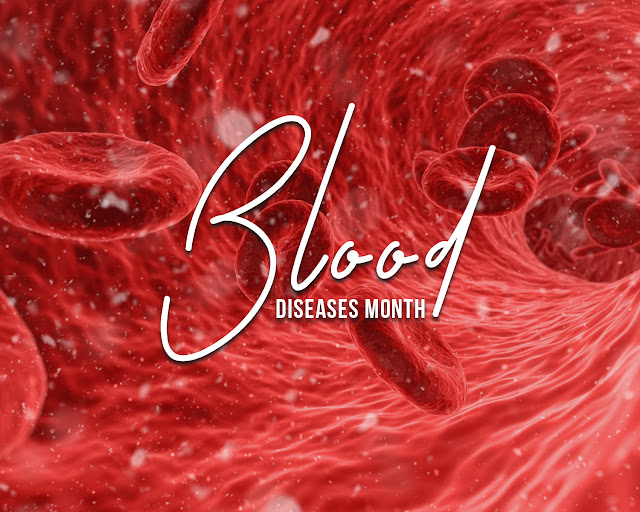CBC (Complete Blood Count)
CBC also has another name. For example: full blood count (FBC) or Full Blood Exam (FBE) or blood pane. This test is usually done to check the condition of the patient's blood cells.
There are usually three types of blood cells in our blood. These are white blood cells (leukocytes), red blood cells (erythrocytes), and platelets (thrombocytes). If these particles get abnormally increased or decreases in number, then there are some diseases associated with them. It is the most common of all blood tests.
The following tests are usually performed on CBC:
CBC test is usually done for the following reasons:
What does it mean when you have a high amount of red blood cells or hematocrit in your blood?
Then you should take into account any of the following problems: RBC or hematocrit is increased.
What does it mean when you have a low amount of red blood cells or hematocrit in your blood?
This is usually due to anemia. The number of RBCs or hematocrit in the blood is also reduced due to the following problems:
The reasons for the decrease in hemoglobin in the blood are:
CBC also has another name. For example: full blood count (FBC) or Full Blood Exam (FBE) or blood pane. This test is usually done to check the condition of the patient's blood cells.
There are usually three types of blood cells in our blood. These are white blood cells (leukocytes), red blood cells (erythrocytes), and platelets (thrombocytes). If these particles get abnormally increased or decreases in number, then there are some diseases associated with them. It is the most common of all blood tests.
The following tests are usually performed on CBC:
- Red blood Cell count (RBC count)
- White blood Cell count (WBC count)
- Amount of hemoglobin in the blood
- RBC amount - Hematocrit
- The average size of red blood cells (MCV)
- Hemoglobin Amount (MCH) per Red Blood Cell
- Hemoglobin concentration (MCHC) per red blood cell size
- The number of platelets
CBC test is usually done for the following reasons:
- For the detection of allergies or infections
- There is a problem with blood clotting and other blood disorders, such as anemia.
- Observe that red blood cells are formed and destroyed.
What does it mean when you have a high amount of red blood cells or hematocrit in your blood?
Then you should take into account any of the following problems: RBC or hematocrit is increased.
- Dehydration (such as severe diarrhea)
- Kidney disease with high erythropoietin production
- Low oxygen levels in the blood for a long time due to heart or lung disease
- Polycythemia vera
- Smoking
What does it mean when you have a low amount of red blood cells or hematocrit in your blood?
This is usually due to anemia. The number of RBCs or hematocrit in the blood is also reduced due to the following problems:
- Autoimmune diseases such as lupus erythematosus or rheumatoid arthritis
- Blood loss (hemorrhage)
- Bone marrow failure (for example, from radiation, infection, or tumor)
- Chronic kidney disease
- Hemolysis (red blood cell destruction)
- Leukemia and other blood cancers
- Long-term infections such as hepatitis
- Poor diet and nutrition, causing too little iron, folate, vitamin B12, or vitamin B6
- Multiple myeloma .
The reasons for the decrease in hemoglobin in the blood are:
- Anemia (various types) .
- Blood loss .

